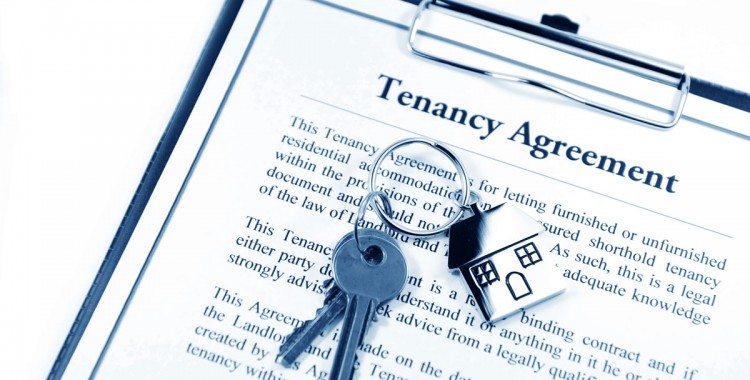NH Landlord/Tenant Law
Landlord/Tenant law in New Hampshire is fraught with pitfalls. It is not uncommon, especially for landlords, to come to our office after having learned that the process for eviction can be very tricky, and the penalties severe for landlords who fail to follow the law exactly. In New Hampshire the primary statues that govern the landlord tenant relationship include RSA 540 and 540-A, titled “Protection of Tenants”. The statute can be viewed here: www.courts.state.nh.us/district/landlord.htm
Questions to ask yourself if you are landlord
- Do I have a proper and valid lease?
- Do I complete proper background checks on prospective tenants?
- Have I provided all government mandated lead paint disclosures to my tenant?
- What can I do if my tenant fails to pay rent on time?
- How do I handle repairs in my tenant’s property?
- How can I access the property for emergencies?
- How do I handle my tenant’s security deposit?
- How do I legally evict my tenant?
Things to think about if you are a tenant
- How do I get out of my lease and move?
- What can I do if my landlord enters my apartment without my permission?
- How do I get my security deposit back?
- What if my landlord locks me out?
- How do I get my landlord to fix things?
For landlords, the most common error is the failure to use a proper eviction notice and demand for rent.
A proper eviction notice and demand for rent can be downloaded from our library.
Be careful, generic eviction notices purchased online or at popular office supply stores typically DO NOT comply with New Hampshire law. If the wrong forms are used, a landlord may learn, months into a case that the petition is dismissed and has to be started all over from the beginning.
Contact us to schedule an appointment with one of our experienced attorneys.
View Recent Landlord/Tenant Law News & Resources
Landlord/Tenant Law FAQ
If I’m Struggling to Pay My Rent, Can the Landlord Shut Off My Heat?
No, the landlord cannot simply shut off your heat or any other utilities just because you are behind on your rent. Landlords are generally prohibited from intentionally depriving tenants of essential services like heat, water, electricity, or refrigeration. These services can only be temporarily interrupted if it is necessary for repairs or in the event of an emergency.
If your landlord has concerns about unpaid rent, they must follow the legal process, which typically involves filing a claim with the courts. Landlords cannot take unilateral actions like shutting off utilities or changing locks without a court order. Tenant-landlord disputes should be resolved through the appropriate legal channels, and tenants have rights to maintain basic utilities as long as they occupy the property.
Is a Verbal Lease Agreement Legally Binding?
Yes, an oral lease, also known as a verbal agreement, is legally valid. In the absence of a written lease, you may have what is called a "tenancy at will," often referred to as a month-to-month rental agreement. This means that you have the right to occupy the rented property as long as you pay rent regularly and do not violate any legal provisions, such as damaging the apartment or engaging in illegal activities.
With an oral lease in NH, your rights as a tenant are protected under the law. You have the right to live in the apartment, and your landlord cannot simply evict you without following the proper legal procedures. If the landlord wishes to terminate the tenancy, they must adhere to the eviction rules established by New Hampshire law. This typically involves providing you with proper notice and affording you the opportunity for a hearing before a judge.
While a written lease can provide clarity and documentation of the terms and conditions of the rental agreement, an oral lease is legally binding and offers similar protections to both tenants and landlords, as long as all parties involved adhere to their respective obligations and rights under the law.
Can Landlords Evict Tenants During Winter Months?
Yes. A landlord has the legal right to evict a tenant at any time of the year, including during the winter months. The season or weather conditions do not impact a landlord's ability to initiate an eviction.
Evictions can occur in spring, summer, fall, or winter, regardless of the timing or the presence of specific circumstances such as winter weather or having young children. However, for a landlord to legally evict a tenant, they must follow the proper legal procedures.
In New Hampshire, the landlord must provide a notice to quit that specifies the legal reason for eviction. The notice period typically includes seven days for nonpayment of rent or 30 days for other valid reasons to terminate the tenancy. It's essential for both landlords and tenants to understand their respective rights and responsibilities under the law when it comes to eviction proceedings.

